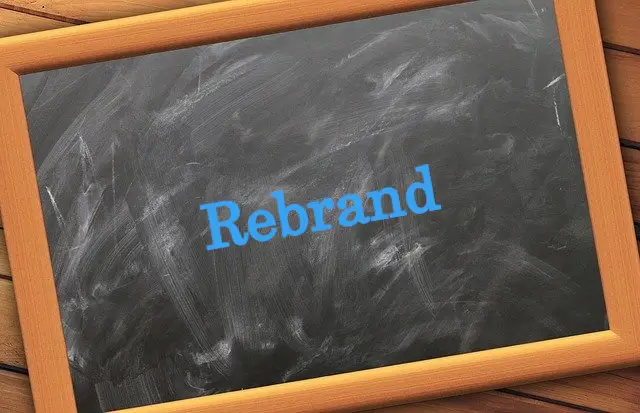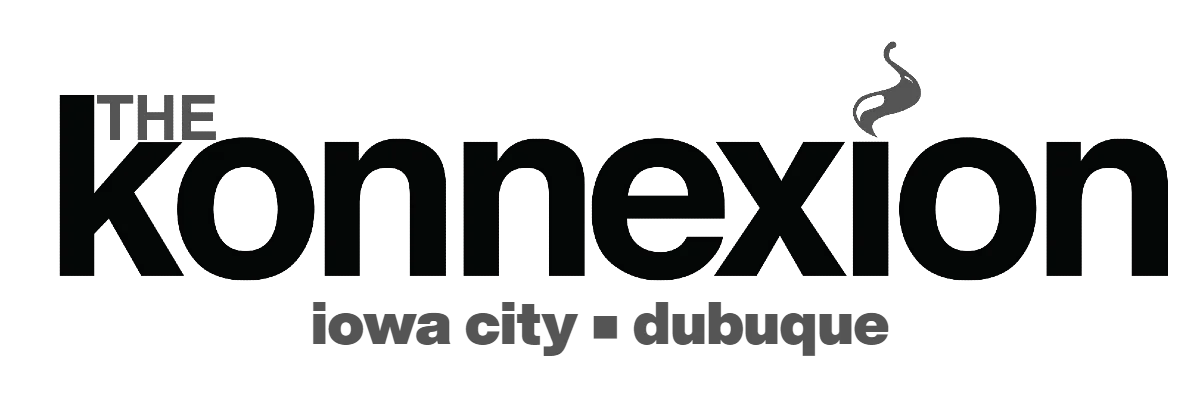Iowa City (319) 321-6401 |

Brunei Kratom: A Comprehensive Guide to Effects and Dosage
Imagine navigating the dense rainforests of Brunei, uncovering the hidden

Popular e-cigarette company Elf Bar provides its clients with a wide selection of flavorful products. As the business has been in the market for a long time, it has a loyal customer base. Nevertheless, when VPR Brands filed a trademark lawsuit against them, their brand came under scrutiny.
Shenzhen Weiboli Technology Co., the parent company of the popular vaping brand Elf Bar, recently lost a trademark infringement lawsuit against VPR Brands. The choice prompted the business to rebrand, and it is currently doing business as EB Design.
The conflict started when VPR Brands filed a lawsuit against Weiboli in a U.S. court, alleging that the latter had violated its “Elf Bar” trademark. Weiboli’s usage of the name “Elf Bar” in its branding, in the opinion of VPR Branding, is too similar to its own trademarked term and may cause customer confusion.
A federal court in the United States ruled in favor of VPR Brands and ordered Weiboli to stop selling Elf Bar e-cigarettes. Elf Bar suffered a great deal from this decision because it had recently become very popular in the vaping market. By providing high-quality, reasonably priced vape items, the company had established a solid name for itself. Elf Bar has now been compelled to rethink its tactics as a result of this judicial setback. Elf Bar was compelled to rebrand its name to EB Design as a result.
The rebranding effort of Elf Bar to EB Design
Rebranding has not been an easy choice for Weiboli. In the vaping market, the Elf Bar brand had made significant headway, and many consumers remained devoted to the merchandise. Weiboli would have to start over when it comes to marketing and establishing a clientele after changing the name to EB Design.
Weiboli is undergoing a steady rebranding process. They have put a lot of effort into developing a fresh brand identity that will appeal to consumers. The brand has highlighted that the product remains the same just the name will change. Under a different name, the same superior disposable vape products will continue to be offered.
The company had to update its name, logo, and branding across all of its goods and marketing materials within the United States as part of the rebranding process. This was a considerable undertaking. The business also had to spend money on updated labeling and packaging to meet the new trademark regulations. The business is hopeful about the future of the EB Design brand despite the setback.
Companies regularly compete for market share in the fiercely competitive vaping business. The industry has grown more difficult as a result of recent legislative changes in the US, and many businesses are now battling to survive.
Losing the trademark patent case was a setback for Elf Bar, but it also gives the business a chance to redefine itself and carve out a new market niche.
The impact of the trademark patent dispute on the vaping industry
The legal conflict over the Elf Bar brand patent between VPR Brands and Weiboli serves as a reminder of how crucial intellectual property rights are in the vaping sector. More businesses are attempting to protect their brands and products through patents and trademarks as the sector expands. Yet, these legal disputes may be expensive and time-consuming, and they can significantly harm businesses who are attempting to increase their brand and clientele.
Elf Bar is believed to be the name of VPR Brands’ upcoming e-cigarette brand, which it plans to launch in an effort to profit from the name while creating confusion for customers.
The opportunities and challenges for EB Design in the evolving vaping industry
Notwithstanding the setback brought on by the patent issue, EB Design is adamant about making a full recovery. Elf Bar had to change its name to EB Design, but the business is still enthusiastic about the future. It will be interesting to watch how businesses like Elf Bar (now EB Design) overcome these difficulties and establish themselves as leaders in the field as the sector continues to change and adapt to shifting regulatory regimes.

Imagine navigating the dense rainforests of Brunei, uncovering the hidden

Have you ever wondered why Trainwreck Kratom has sparked such

To effectively combat headaches, specific Kratom strains stand out for
Subscribe for exclusive deals and updates!
